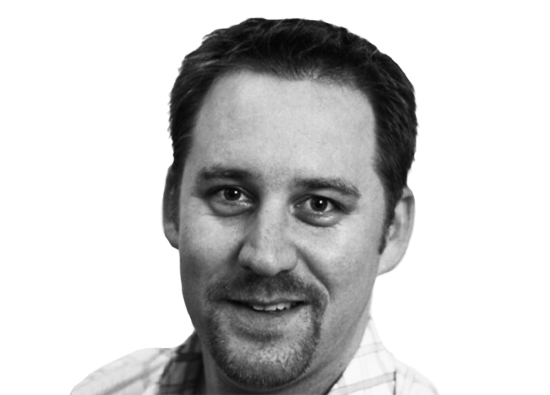Robin Brady, international social impact expert, member of EUConsult and former president.
“Through measuring impact, designing strategy and delivering organisational change, Robin Brady guides and supports Social Impact Organisations to improve the effect they have on the social fabric of communities and the wellbeing of individuals and families. From managing capital funding programmes for Arts Council England to running a successful Social Impact consultancy, Robin’s journey is proof positive that staying curious and passionate about making a difference can change the way the world works. Today Robin helps organisations to identify the social impact of their programmes around the world, delivers SROI assessments, and leads strategy development and organisational change in NGOs to improve their impact”
Robin’s web site
Proposing broader visions and better links with other organizations often translates into important results in terms of social impact. In reality, consultants are often asked for strategies and evaluations with the aim of increasing and diversifying funds for the most immediate needs. But how important is it in your opinion to propose broader horizons and encourage higher ambitions? How far should the consultant go beyond what is expected of him/her?
Robin: it is always important to ensure that any product that a consultant delivers is aligned to an organisation’s longer-term goals and aims. While the client might ask you to support an immediate need, it is crucial that in meeting that need organisations should avoid mission-drift, or simply chasing the money. To contribute to social impact, our work as consultants must always be to guide our organisational clients towards impact at every step.
During these difficult times due to Covid 19, you wrote that focusing on missions and essential work – the work that matters – is really important rather than focusing directly on fundraising and I believe that it is absolutely true. But how difficult was it to communicate to your clients – certainly in financial difficulties – and convincing them that in this way the funds would arrive and eventually how did you manage to do so?
Robin: The challenge of Covid-19 has affected organisations in two ways: 1) funding has been affected and 2) services and activities has been disrupted. The crisis has also forced organisations to think carefully about what really matters about what they do. In some cases organisations have tried to simply raise money, or draw on government funding as a way of waiting for things to go back to the way they were. As we know of course, things are not likely to be as they were before. Those organisations that took the opportunity to review, reflect and pivot their models so that they could continue to service their beneficiaries and service-users were not thinking about money first when they took those decisions, they were thinking about their beneficiaries. These organisations have attracted funding linked to Covid-19 recovery and resilience work and have learned what is both good and bad about delivering their work either online or remotely. They have learned the lessons of the crisis and when I speak to them now, they speak about how online working has become part of what they do: some projects are now deliberately designed to be delivered online, whilst online management and trustee meetings have replaced in person meetings because they are more inclusive and efficient. This ability to respond to change proactively is very attractive to donors and funders, who have responded to these organisations with funding, almost like a vote of confidence in what these organisations are doing. Being able to point to effective case studies and walking managers and trustees through the changes needed and the implications of these changes is very important for ensuring buy-in to new strategies and approaches.
I find your experience as a consultant for Third Sector in various African countries really interesting. Can you tell us the biggest challenges and reactions from clients you have faced compared to your work in Europe?
Robin: I’d say the biggest challenge has been infrastructure. Distances in Africa are far greater and it takes much longer to move around. In many remote parts of Africa electricity isn’t a given and you have to plan your work assuming that you won’t always have electricity or internet connectivity. This pushes you to find the easiest, simplest way of working that can be replicated across any context regardless of how well developed it might be. This is an important learning when working across different cultures, regardless of whether you’re working in Europe or Africa. When you present work in an accessible manner that everyone can engage with, you are reminded just how much we have in common with each other. This is important if as a consultant you are going to encourage stakeholders to take ownership of the work of social impact organisations and benefit positively from this work. The more people feel that they understand and agree with the work you’re doing, the more likely they are to participate in your work. That’s what impact is all about.


